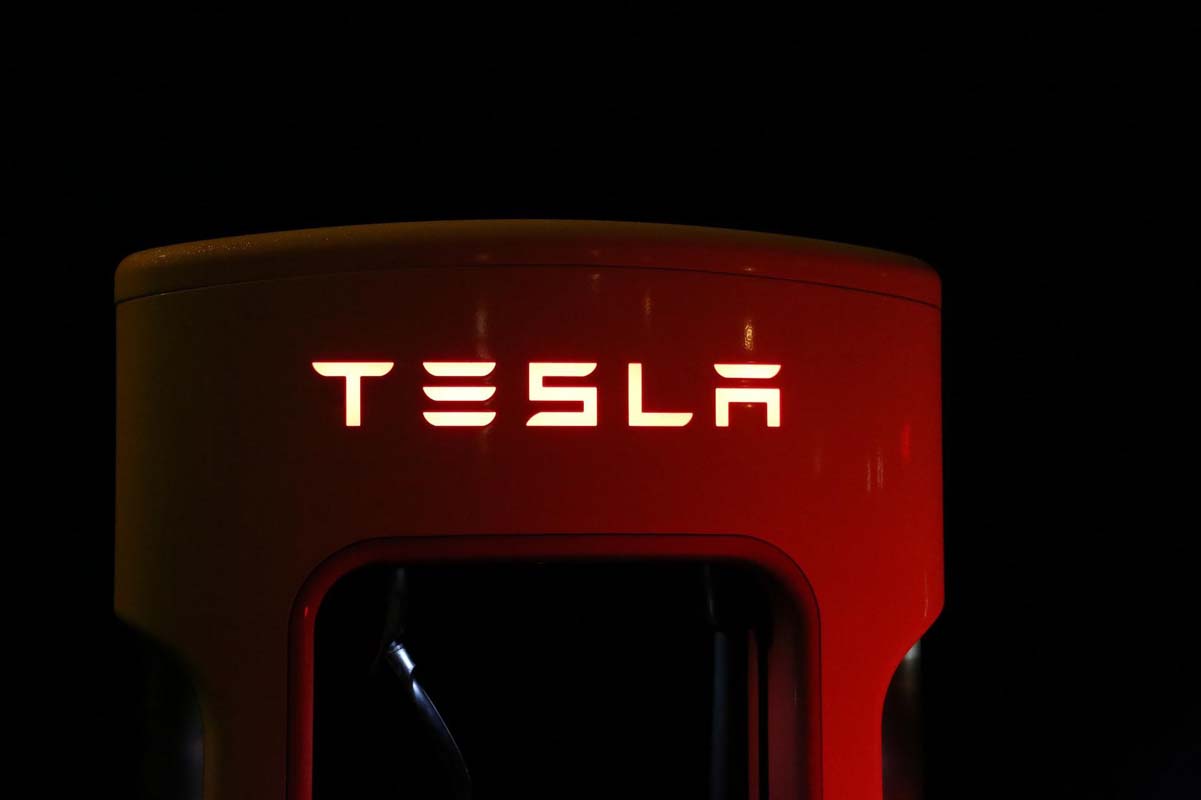
403
Sorry!!
Error! We're sorry, but the page you were looking for doesn't exist.
Tesla claims Red Sea conflict helped in downfall in deliveries
(MENAFN) In a surprising turn of events, Tesla, the pioneering electric vehicle manufacturer, experienced a decline in deliveries for the first time in four years. The company attributed this downturn to a confluence of factors, including disruptions caused by Houthi rebel strikes in the Red Sea and a targeted attack on its factory in Germany.
According to Tesla's latest report, while the company managed to produce 433,371 cars in the last quarter, its deliveries amounted to only 386,810 vehicles. This approximately 8.5 percent drop in deliveries compared to the same period last year marks a significant departure from Tesla's typically upward trajectory, signaling the end of a streak of uninterrupted growth that persisted even through the challenges posed by the Covid-19 pandemic in 2020.
The disruptions cited by Tesla as contributing factors to this decline are multifaceted. Shipping diversions resulting from Houthi attacks in the Red Sea and an arson incident at Tesla's Gigafactory in Berlin significantly impeded the company's delivery operations. Furthermore, Tesla noted that the production ramp-up of the updated Model 3 also played a role in the decline in deliveries.
The repercussions of Tesla's delivery downturn were felt in the financial markets as well, with shares in the company plummeting by more than 5 percent during trading on the day of the announcement. This decline underscores the sensitivity of investors to any deviations from Tesla's anticipated growth trajectory.
Despite the gloomy outlook presented by the delivery figures, some industry analysts remain cautiously optimistic about Tesla's future prospects. Gene Munster, managing partner at Deepwater Management, acknowledged the challenges faced by Tesla in the first quarter but expressed confidence in the company's long-term trajectory. Munster highlighted Tesla's commitment to advancing electric vehicle technology and autonomous driving capabilities as key factors that position the company for future success.
Nevertheless, Munster also pointed out external factors such as high interest rates and fluctuating demand for electric vehicles, which may have contributed to Tesla's underwhelming performance in the first quarter. However, he maintained that Tesla's strategic investments in innovation set it apart from traditional automakers, many of whom are scaling back their commitments to electric and autonomous vehicle development.
As Tesla navigates through this period of turbulence, the company's resilience and strategic vision will be put to the test. Whether the recent delivery downturn is a temporary setback or indicative of broader challenges ahead remains to be seen. Nonetheless, Tesla's commitment to shaping the future of transportation through cutting-edge technology continues unabated, underscoring its enduring relevance in the rapidly evolving automotive industry.
According to Tesla's latest report, while the company managed to produce 433,371 cars in the last quarter, its deliveries amounted to only 386,810 vehicles. This approximately 8.5 percent drop in deliveries compared to the same period last year marks a significant departure from Tesla's typically upward trajectory, signaling the end of a streak of uninterrupted growth that persisted even through the challenges posed by the Covid-19 pandemic in 2020.
The disruptions cited by Tesla as contributing factors to this decline are multifaceted. Shipping diversions resulting from Houthi attacks in the Red Sea and an arson incident at Tesla's Gigafactory in Berlin significantly impeded the company's delivery operations. Furthermore, Tesla noted that the production ramp-up of the updated Model 3 also played a role in the decline in deliveries.
The repercussions of Tesla's delivery downturn were felt in the financial markets as well, with shares in the company plummeting by more than 5 percent during trading on the day of the announcement. This decline underscores the sensitivity of investors to any deviations from Tesla's anticipated growth trajectory.
Despite the gloomy outlook presented by the delivery figures, some industry analysts remain cautiously optimistic about Tesla's future prospects. Gene Munster, managing partner at Deepwater Management, acknowledged the challenges faced by Tesla in the first quarter but expressed confidence in the company's long-term trajectory. Munster highlighted Tesla's commitment to advancing electric vehicle technology and autonomous driving capabilities as key factors that position the company for future success.
Nevertheless, Munster also pointed out external factors such as high interest rates and fluctuating demand for electric vehicles, which may have contributed to Tesla's underwhelming performance in the first quarter. However, he maintained that Tesla's strategic investments in innovation set it apart from traditional automakers, many of whom are scaling back their commitments to electric and autonomous vehicle development.
As Tesla navigates through this period of turbulence, the company's resilience and strategic vision will be put to the test. Whether the recent delivery downturn is a temporary setback or indicative of broader challenges ahead remains to be seen. Nonetheless, Tesla's commitment to shaping the future of transportation through cutting-edge technology continues unabated, underscoring its enduring relevance in the rapidly evolving automotive industry.

Legal Disclaimer:
MENAFN provides the
information “as is” without warranty of any kind. We do not accept
any responsibility or liability for the accuracy, content, images,
videos, licenses, completeness, legality, or reliability of the information
contained in this article. If you have any complaints or copyright
issues related to this article, kindly contact the provider above.













Comments
No comment